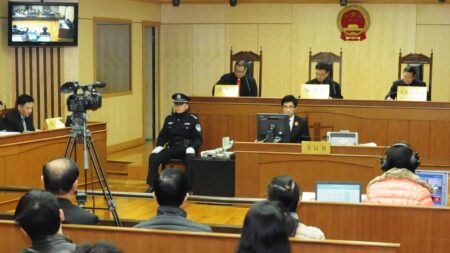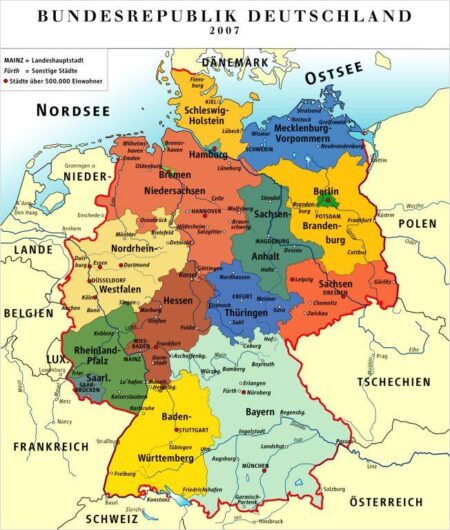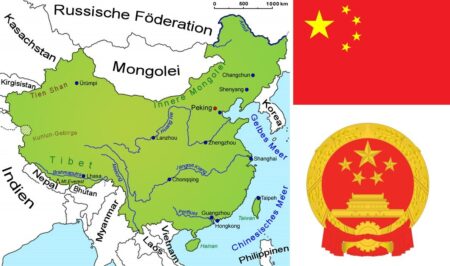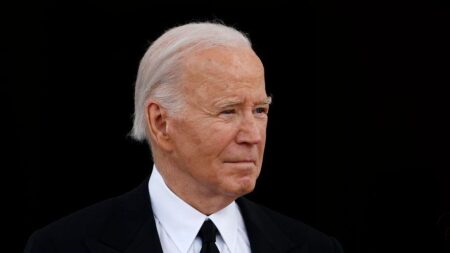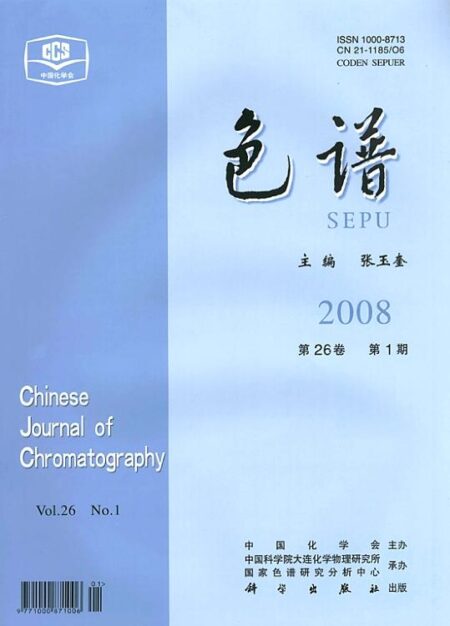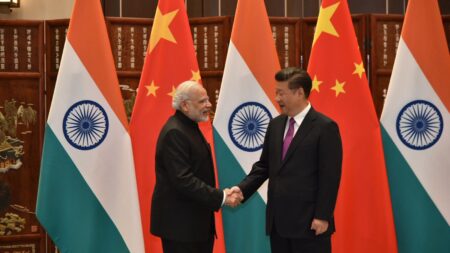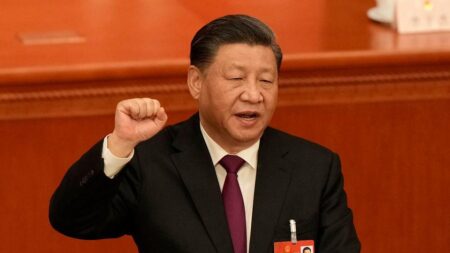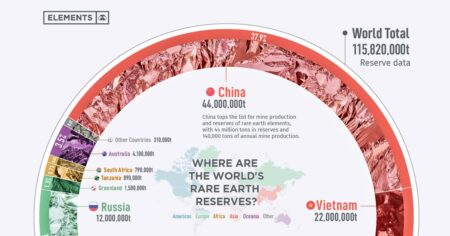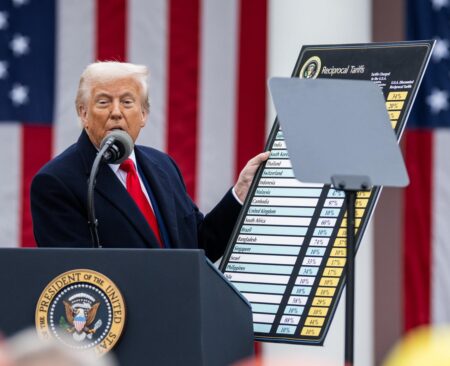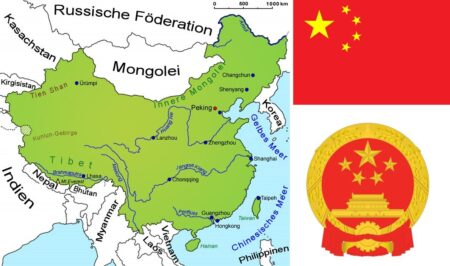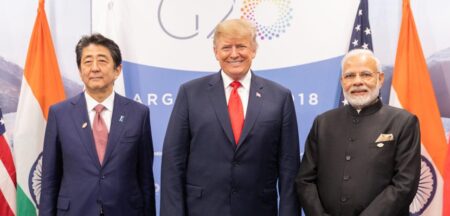Chinese courts have expanded their power to block individuals from traveling abroad-even those without any criminal charges-raising urgent questions about legal rights and due process
Browsing: China
In Germany, officials have revealed that a U.S. citizen stands accused of spying for China. This individual allegedly gathered sensitive intelligence, raising alarm over a significant threat to national security and intensifying concerns about escalating espionage activities
The New York Times exposes China’s unexpected sway in recent New York elections and unveils startling revelations from Ghislaine Maxwell’s discussions with DOJ officials, shedding light on a complex web of political and legal battles
A Biden adviser has issued a strong warning to former President Trump about dismantling the Aukus security pact with Australia, emphasizing its crucial role in countering China’s expanding influence throughout the Indo-Pacific region, the South China Morning Post reported
A Chinese academic journal has sparked intense debate by upending the traditional narrative of US aid to China during WWII, depicting the United States not merely as an ally but also as a colonizer and oppressor
A bridge under construction in China tragically collapsed into the Yellow River, claiming the lives of at least 12 people, according to state media. Rescue teams are urgently battling the clock as officials scramble to determine the cause of this heartbreaking disaster
Indian Prime Minister Narendra Modi engaged in a crucial meeting with China’s top diplomat, signaling a promising breakthrough as these two Asian powerhouses work to heal their tense ties amid urgent regional and global challenges, reports AP News
China is sprinting to create the world’s largest solar farm, turbocharging its transition to clean energy and charging ahead with ambitious emissions reduction targets. This trailblazing project is set to revolutionize the nation’s renewable energy capacity like never before
DeepSeek’s latest model is set to seamlessly integrate with China’s state-of-the-art homegrown AI chips, taking a bold leap to strengthen its foothold in the rapidly expanding Chinese market, CNBC reports
In a captivating journey to Tibet, China’s President Xi Jinping fervently highlighted the crucial role of national unity and economic advancement. This visit casts a powerful spotlight on Beijing’s dedication to promoting stability and accelerating growth in this strategically vital region
Australia is ramping up efforts to challenge China’s dominance in the rare earths market, aiming to secure the crucial materials that fuel today’s technology and clean energy revolution, reports BBC
Nvidia has reportedly hit the brakes on chip production in China amid rising security concerns. Recent reports reveal that Beijing has delivered sharp warnings, underscoring the mounting tensions between the tech giant and Chinese authorities
Trump’s tariff war sent shockwaves through global trade, compelling India and China to reconsider their age-old rivalry. Recent diplomatic talks show these two Asian giants are now seeking new ways to deepen cooperation and join forces against growing economic challenges
A Navy sailor now faces life imprisonment after allegedly selling military secrets to China for a mere $12,000, Fox News reports. This stunning betrayal has set off major national security alarms and sparked a fierce investigation
China is navigating a delicate balancing act following its top diplomat’s visit to India, aiming to ease tensions while boldly advancing strategic ambitions amid fierce regional rivalry and escalating global pressures, Bloomberg reports
Bunge has redirected a soymeal shipment originally destined for China, sending it instead to Argentina due to quality concerns, sources told Bloomberg. This move highlights the ongoing challenges in agricultural exports amid soaring global demand
US Navy sailor Jinchao Wei has been caught red-handed spying for China, the South China Morning Post reveals. Wei allegedly leaked highly sensitive classified information, raising alarming questions about national security risks
At China’s Robot Games, humanoid robots teetered and tumbled, captivating audiences with every stumble and recovery in heart-pounding competitions. This electrifying event highlighted remarkable breakthroughs while spotlighting the ongoing challenges of perfecting robotic balance and agility
Footage reveals a dramatic showcase of Russia-China naval maneuvers in the Pacific, boldly challenging U.S. maritime dominance. This impressive demonstration underscores growing military collaboration amid escalating regional tensions
Former US Ambassador Nikki Haley has urged former President Trump to strengthen ties with India, warning that ignoring China’s growing influence could put vital strategic interests at risk, NDTV reports

